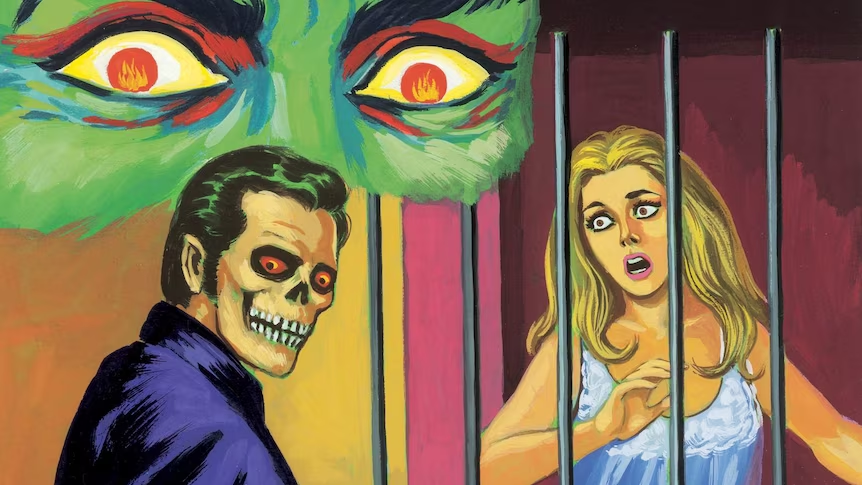Throughout history, monsters have been a staple in folklore, literature, and popular culture, serving as more than just creatures that go bump in the night. These beings, often born from the depths of human imagination, carry with them a wealth of meaning and serve as powerful metaphors for the fears, anxieties, and societal issues of their time. By examining the nature of these monsters, we can uncover the reflections of society’s values, concerns, and the collective unconscious.
The Fear of the Other
One of the most prevalent themes in monster metaphors is the fear of the “other.” Monsters often represent what is different, foreign, or unknown to a society. For example, during times of war or conflict, the enemy is often dehumanized and portrayed as monstrous. In literature, characters like Dracula or Frankenstein’s monster embody the fear of foreign invasion or the dangers of scientific progress, respectively. These creatures are not just literal monsters but symbols of the societal fear of change and the unknown.
Reflections of Societal Anxieties
Monsters can also be seen as reflections of the specific anxieties of a society at a given time. For instance, during the Cold War, the rise of atomic monsters in films like “Godzilla” (1954) mirrored the fears of nuclear warfare and the potential for catastrophic destruction. Similarly, the zombie apocalypse genre, which gained popularity in the late 20th and early 21st centuries, can be interpreted as a metaphor for the loss of individuality and the mindless consumerism that characterizes modern society.
Moral and Ethical Questions
Monsters also pose moral and ethical questions, challenging us to consider what it means to be human. The story of Frankenstein, for example, raises questions about the ethics of playing God and the responsibility of creators towards their creations. This narrative can be seen as a commentary on the potential consequences of scientific advancements and the importance of considering the ethical implications of our actions.
The Shadow Self
In psychological terms, monsters can represent the “shadow” aspect of our psyche, as described by Carl Jung. This shadow includes the parts of ourselves that we reject or deny, often because they are considered unacceptable or evil. By projecting these qualities onto monsters, we externalize our inner conflicts, making it easier to confront and understand them. This process can be seen in stories where the monster is a reflection of the protagonist’s own fears, desires, or hidden aspects of their personality.
Conclusion
Monsters, in all their forms, are not just creatures to be feared or defeated. They are mirrors that reflect the complexities of human society and the depths of the human psyche. Through these metaphors, we can explore our fears, confront our anxieties, and question our values. As society evolves, so too will the monsters that haunt our collective imagination, continuing to serve as powerful symbols of the issues that we grapple with as a civilization. Understanding these metaphors can provide valuable insights into the human condition and the ever-changing landscape of societal norms and fears.
